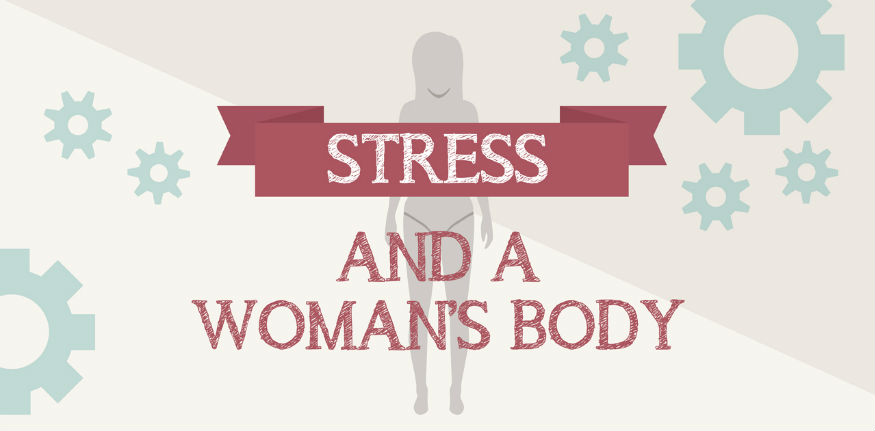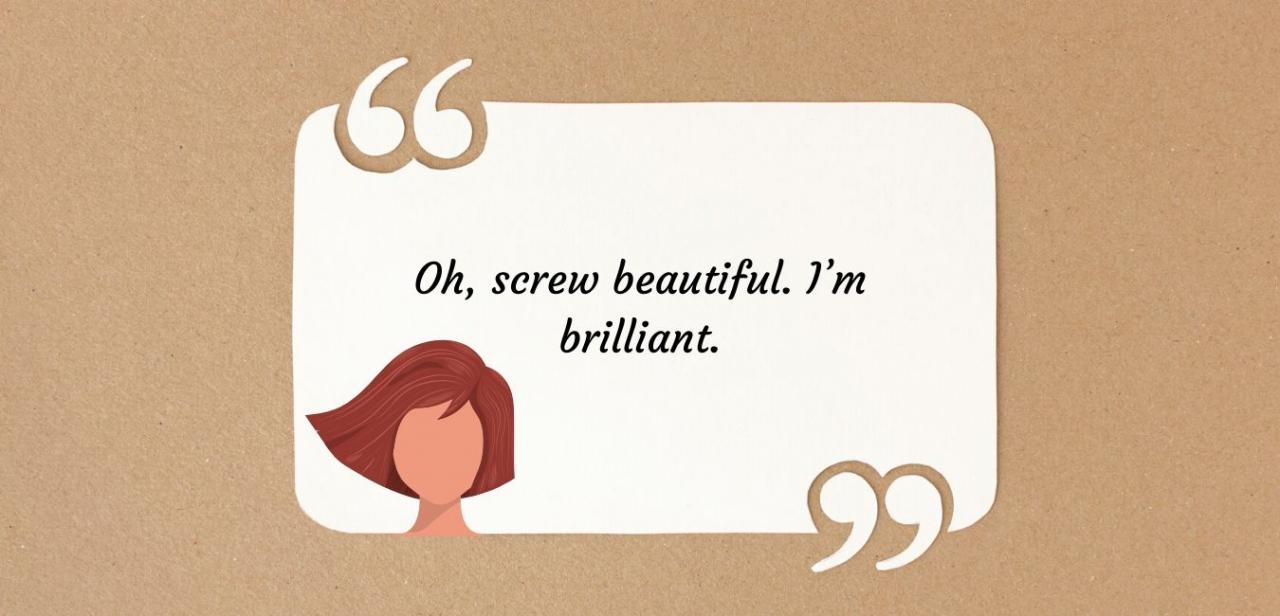 Auremar/PhotoSpin
Auremar/PhotoSpin
Have you experienced stress? How would you describe it?
It is so interesting that when you ask people if they have ever experienced stress, most people will say yes. They can even tell you the situation or event that caused them to feel stressed. But everyone does not feel stressed or get stressed for the same reasons.
Today I thought I would answer the questions, what is stress, and why do we need stress to survive?
What is stress? According to the Medical Dictionary, stress has been defined as an organism's total response to environmental demands or pressures.
The response can be measured in one of two ways:
1) by the organism's internal interpretation of a stimulus or situation
or
2) by the organism's external response to stimulus measured by physical functions including release of stress hormones
People generally feel stressed because they feel threatened in a situation or in their environment. When we feel a loss of control in our physical, social or working environments it brings on the feeling of stress.
There are certain emotions that also bring on the feelings of being stressed including feeling helpless or hopeless, intense fear or anger, cynicism or lack of trust.
Feeling stressed is generally accompanied by physical symptoms that make us aware that we are feeling stress. Our blood pressure rises and our heart starts beating faster, our breathing becomes more rapid, our muscles tense and our mind becomes more alert.
More long-term symptoms might include digestive upset or changes in bowel movements, decrease in our immune function, or inability to sleep.
Since each person identifies, handles and manages stress differently there are different combinations of these symptoms that can occur related to feeling stressed.
Why do we need stress to survive? From a basic survival standpoint, stress is a necessary component for life. If we as humans are being threatened by a lion we need to feel stress. In that instant we need to release our stress hormones to help us run away to safety or fight off the lion.
However when we feel stressed about things that are not life-threatening, the quality of our health can be damaged. We become more susceptible to chronic diseases like insulin resistance, diabetes, heart disease, obesity, metabolic syndrome, high blood pressure.
It is important to be aware of when you are feeling stressed especially if you feel it often in your daily or weekly life. Knowing that you feel it is the first step to finding tools to help you manage it and reduce it in your life.
For stress-management ideas, check out my previous posts about stress busting foods, Antioxidants are Stress-Busting Foods: Do You Have Them in Your Diet? and More of Dr. Dae's Top Stress-Busting Foods.
Or purchase my ebook Stress Relieving Recipes: Using Food to Keep you Calm.
Live Vibrantly,
Dr. Dae
Dr. Daemon Jones
Dr. Dae's website: www.HealthyDaes.org
Download one of Dr. Dae's books: Daelicious! Recipes for Vibrant Living, Stress Relieving Recipes: Using Foods to Keep you Relaxed @ www.HealthyDaes.org
Dr. Dae's Bio:
Dr. Daemon Jones is a Naturopathic Physician who treats patients all over the country using Skype and phone visits. She helps her patients cultivate health and feel great, using a combination of safe and effective naturopathic and conventional methods.
Sources:
"Stress and anxiety: MedlinePlus Medical Encyclopedia." National Library of Medicine - National Institutes of Health. N.p., n.d. Web. 16 Apr. 2013.
http://www.nlm.nih.gov/medlineplus/ency/article/003211.htm.
"What Is Stress? How To Deal With Stress." Medical News Today: Health News. N.p., n.d. Web. 16 Apr. 2013.
http://www.medicalnewstoday.com/articles/145855.php
"stress - definition of stress in the Medical dictionary - by the Free Online Medical Dictionary, Thesaurus and Encyclopedia.." Medical Dictionary. N.p., n.d. Web. 16 Apr. 2013.
http://medical-dictionary.thefreedictionary.com/stress
Reviewed April 17, 2013
by Michele Blacksberg RN
Edited by Jody Smith





Add a Comment1 Comments
A quick, simple way to release stress both in moment of high stress and for ongoing stress is to get yourself grounded!
April 19, 2013 - 8:28amGrounding or earthing, is as fundamental to our health as air, water and nutrients. Our bare feet, rich with nerve endings, rarely touch the ground these days and there is a connection, I believe, between being disconnected from the earth and the diseases, fatigue, poor sleep and general sense of poor health many of us experience. When you are grounded, your body becomes suffused with negative charged free electrons abundantly present on the surface of the earth. Your body immediately equalises to the same electric energy level as the earth. When this is happening you might feel a warm tingling feeling or the type of wellbeing and relief you feel when you take your shoes off and your feet hit the warm sand at the beach. Perhaps those holidays in temperate climes are not the reason for you feeling rejuvenated but the fact that your bare skin is in touch with the earth? This must be the cheapest, simplest, safest, basic and perhaps most effective health ‘discovery’ in decades!
This Comment